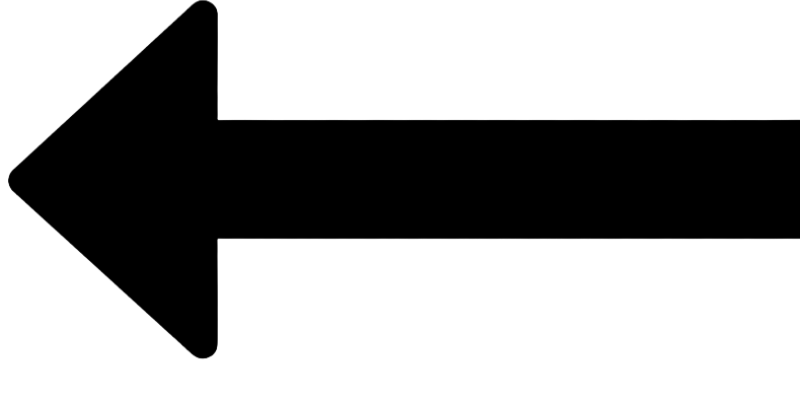The Political Thought of Michael Novak
Lecture Four: What Can Theology Contribute to Economics?
As Jay Richards points out, Michael Novak’s profound understanding of human anthropology, including the human person’s spiritual nature, enriches our understanding of freedom and, with it, capitalism. In contrast to Novak, the tendency of the elitist opinion stream is to fall back on positivism—or scientism—and to narrow the scope of reason to only those things that can be observed empirically or received by sense data. Such narrow-mindedness relegates philosophy, ethics, and theology to being merely a matter of feelings.
However, the reality is that everyone, even the positivist, affirms a common sense of moral knowledge, of right and wrong, at least at the most basic level. We have a shared sense of right and wrong and depend on it in our daily lives. Economics, as a discipline, is often blind to the insights of philosophy, theology, and ethics. In that sense, economics needs these fields to fully analyze human economic behavior.
For instance, the Golden Rule presupposes that a person has knowledge of how he wants to be treated. Theology helps us understand the human person, and that is an important contribution to economics. For his part, Novak brought us a deeper appreciation of economics because he explained its theological significance


